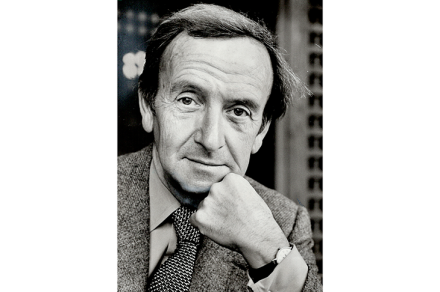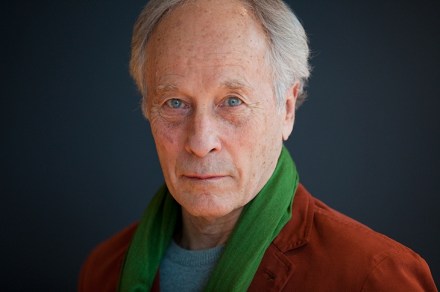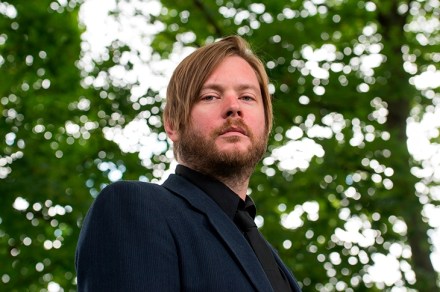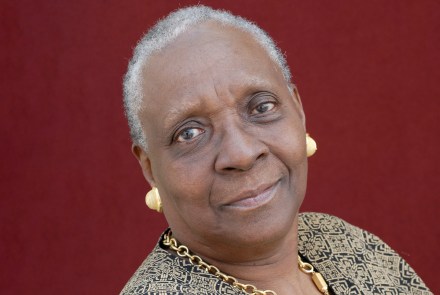Poetic miniatures: A Lover’s Discourse, by Xiaolu Guo, reviewed
The novelist, memoirist and film-maker Xiaolu Guo writes with tremendous delicacy and nuance about migration, language, alienation, and love. A Lover’s Discourse is a series of poetic miniatures, sometimes just a page long, following the unnamed female Chinese narrator, living in London to pursue a PhD, and her relationship with a similarly unnamed German-English architect. Some early humour comes from the mutual misunderstandings of two hugely different cultures, as when she mishears Hanover as hangover and is mystified when he describes himself as a Wasp. But these episodes are less farcical misunderstandings than opportunities to muse on the spaces between us all and how words obscure as much as clarify.





















